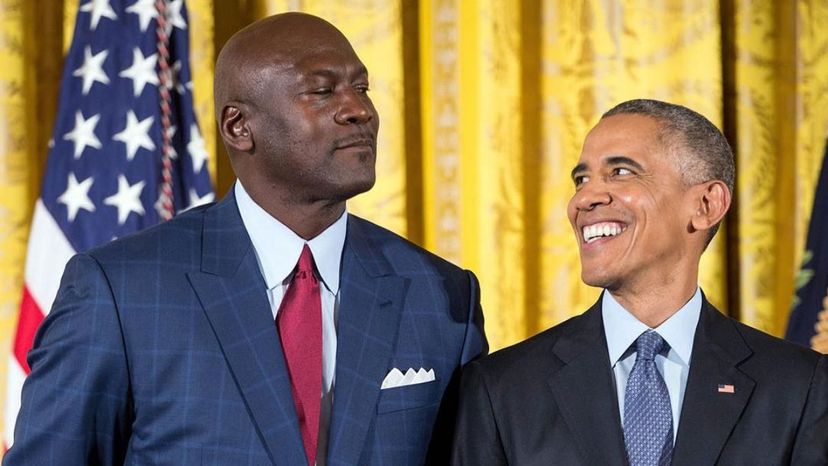
About This Quiz
Most people go through their lives trying to survive in the face of the challenges of everyday existence. Only a few ever try to rise above their lot, and fewer still actually make changes that impact the course of human civilization. What is it about these men and women? Were they brilliant? Audacious? Connected? Destined? Or were they simply more lucky than everyone else, a case of being in the right place at the right time?
Surely the reality is a mix of all of these things and more. One thing they all had, however, was a tireless dedication to their chosen causes: whether the creation of great or the commanding of mighty nations, they left their marks on the manifold peoples and cultures of the globe. Here you will find extraordinary artists, brilliant leaders of men and women, scientists and philosophers of dizzying intellect, each of them unique and each of them having enormous impact upon the fate of the world.Â
Seize the day! Now is the time to prove your knowledge of these incredible men and women, and rise to face the challenges of our quiz. We have hints to aid you as necessary, but does a master of the extraordinary such as yourself even need them? Take a breath and get ready to face your fate!
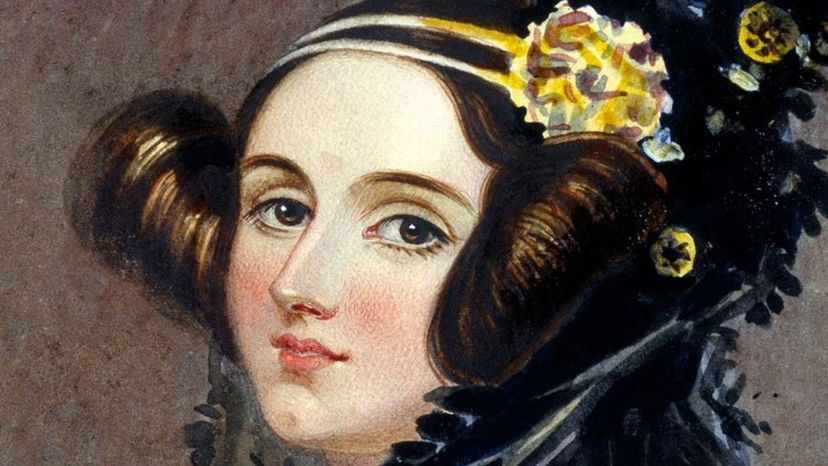
The daughter of the famous Lord Byron, Ada Lovelace was an extremely talented mathematician. In her correspondences with Charles Babbage, she first conceived the ideas for a modern computer and computer programming as we know it.
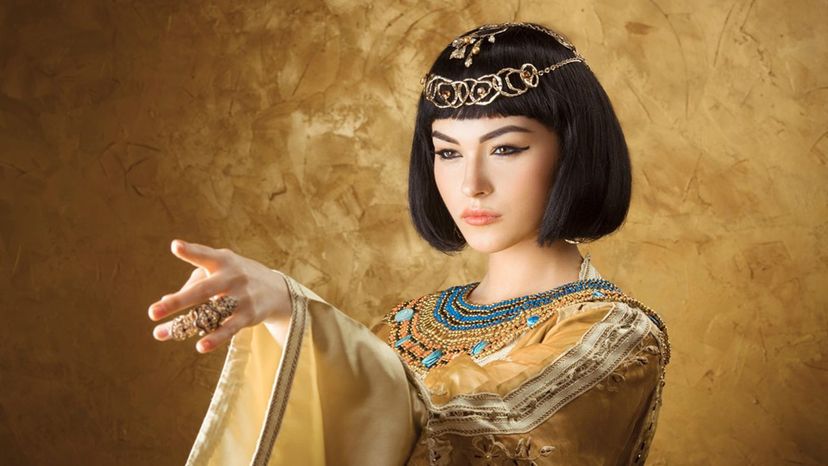
Cleopatra was not Egyptian by birth, but rather was descended from the Macedonian conquerors of Alexander's Empire. She led Egypt with great cunning in the face of a mighty Roman neighbor, allying with one Caesar and then another to try to keep her land independent.
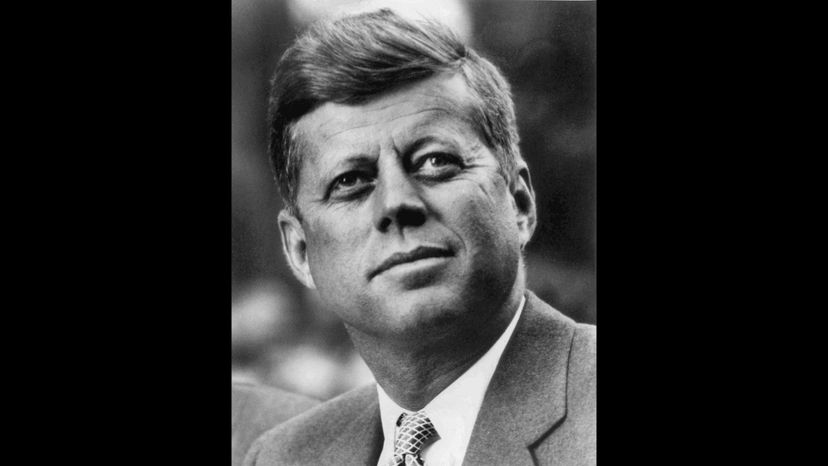
John F. Kennedy was the 35th President of the United States. His youthful mien and easy friendliness made him beloved with the people, but he met a terrible end when he was assassinated in his motorcade in November of 1963. His killer would himself be assassinated days later, leaving an enduring mystery behind.
Advertisement
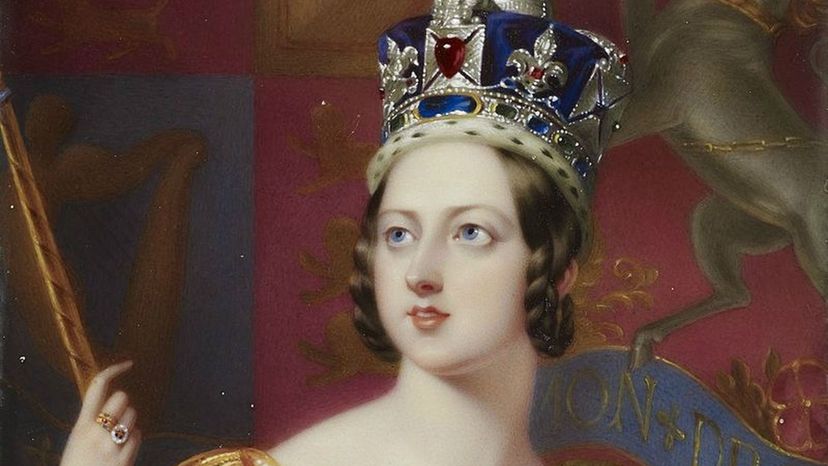
Queen Victoria reigned over the mightiest empire the world has ever seen. Although she did have political influence, she was seen more as a symbol of British values, indeed she was so much such that the time of her reign was named after her: The Victorian Age.
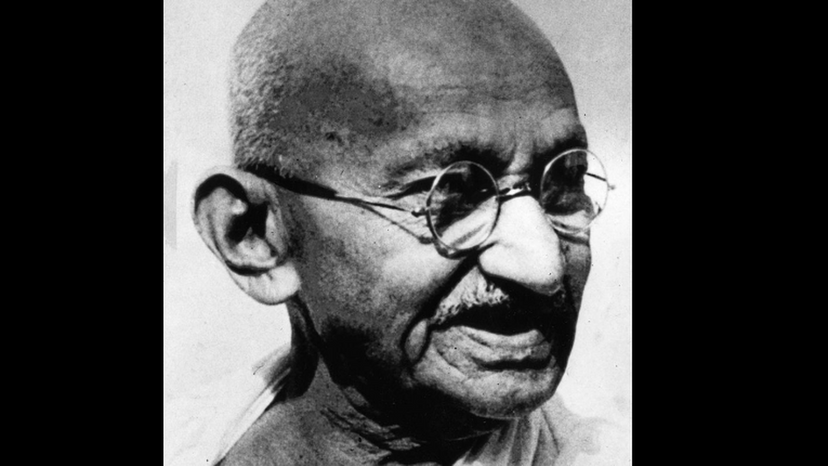
Mahatma Gandhi started out as an attorney in South Africa, but he could not remain apart from the struggles of his nation, so he returned home to lead resistance to British colonial occupation. His nonviolent civil disobedience shook the world, and in time the British withdrew from India, a signal that the world had irrevocably changed.
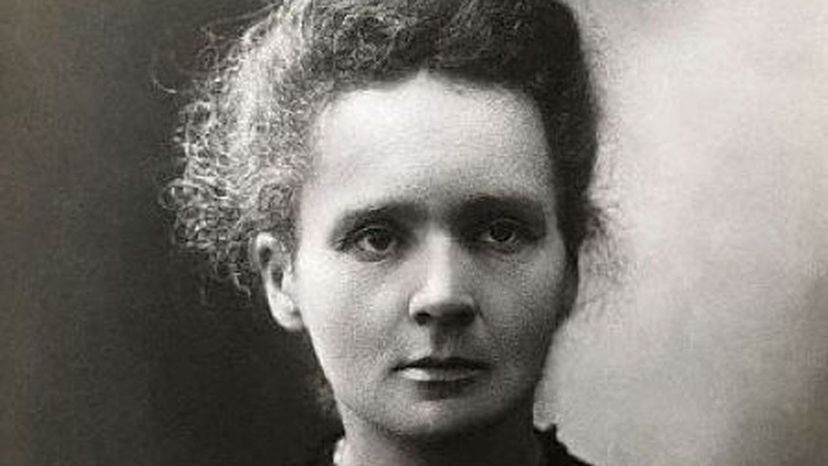
Marie Curie was a brilliant scientific mind, and the first woman to win the Nobel Prize. She personally discovered two elements, Polonium and Radium, and developed portable radiography units for field hospitals. Unfortunately, her exposure to radiation brought about her premature death, but her contributions to science are immeasurable.
Advertisement
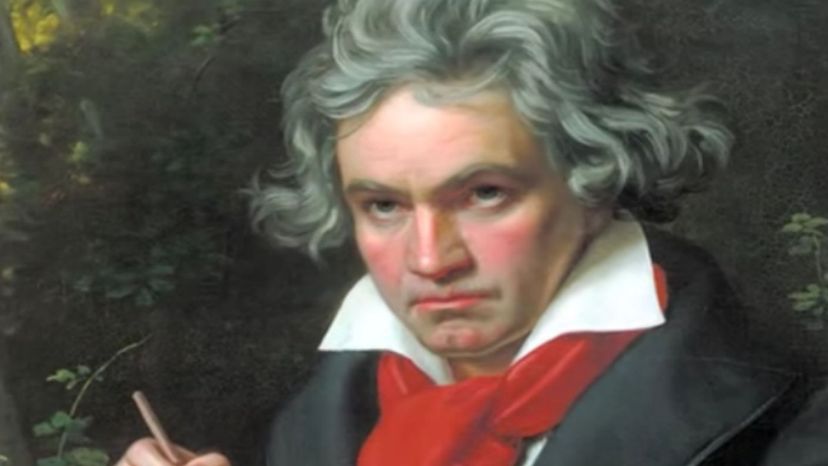
The human shaped bridge between the Classical and Romantic periods of classical music, Ludwig Van Beethoven is one of the most famous composers in all of history. He wrote nine separate symphonies and dozens of shorter pieces. In spite of eventually losing his hearing, he continued to write, and his genius would not be stilled by mere deafness.
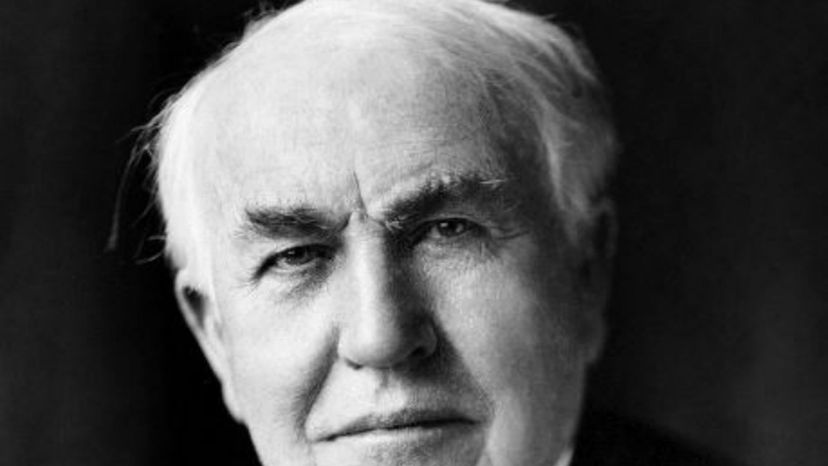
Known as the Wizard of Menlo Park, Thomas Edison is one of America's greatest inventors and businessmen. He invented the electric light as well as sound recording and motion pictures, and had over one thousand patents filed in his name with the U.S. Patent Bureau.
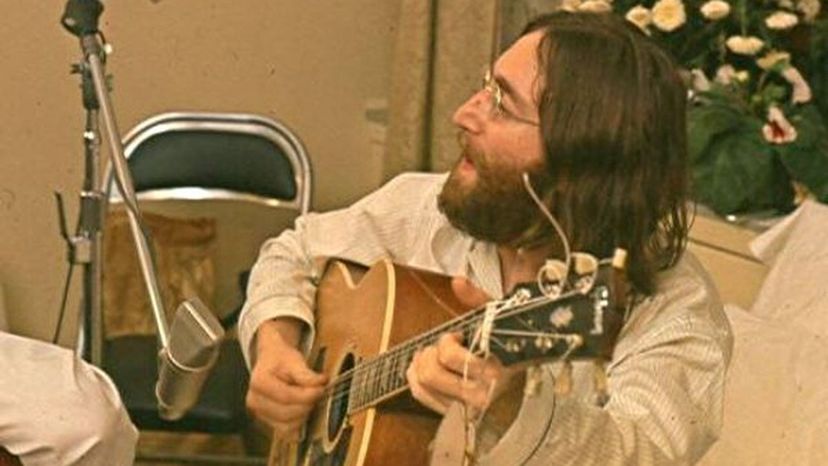
John Lennon was one of the founders of the Beatles, as well as being an independent singer and songwriter. His music brought modern rock and roll to the Americas, and his role as a peace activist had a significant effect on the youth movements of his era.
Advertisement
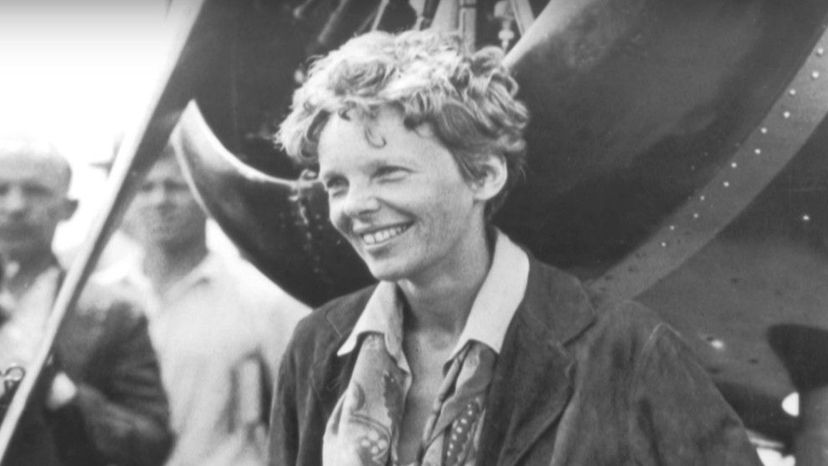
Amelia Earhart was a famous American aviator and author. She was the first woman to fly solo across the Atlantic Ocean, for which she received the Distinguished Flying Cross. She wrote books about her flying experiences that would inspired girls around the world. She disappeared in an attempt to circumnavigate the globe, but her legend is with us still.
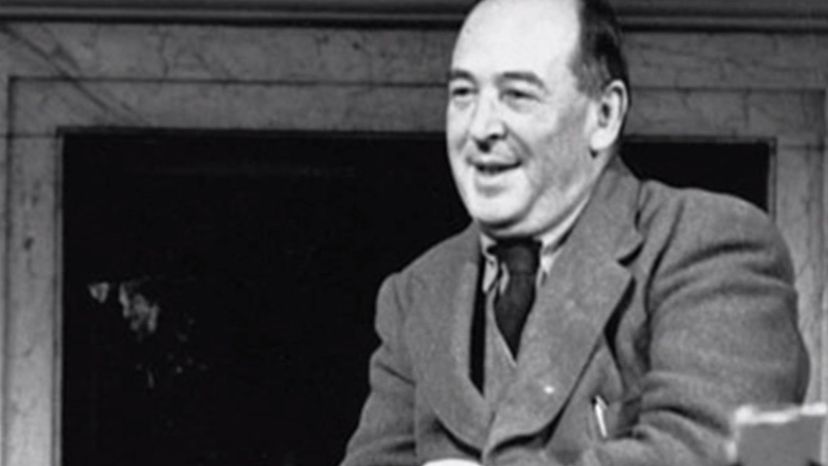
C.S. Lewis was the author of many beloved childrens' stories, including the "Chronicles of Narnia" and the "Space Trilogy." He is also very well known for his work in Christian apologetics, like "Mere Christianity," "The Great Divorce" and "The Screwtape Letters."
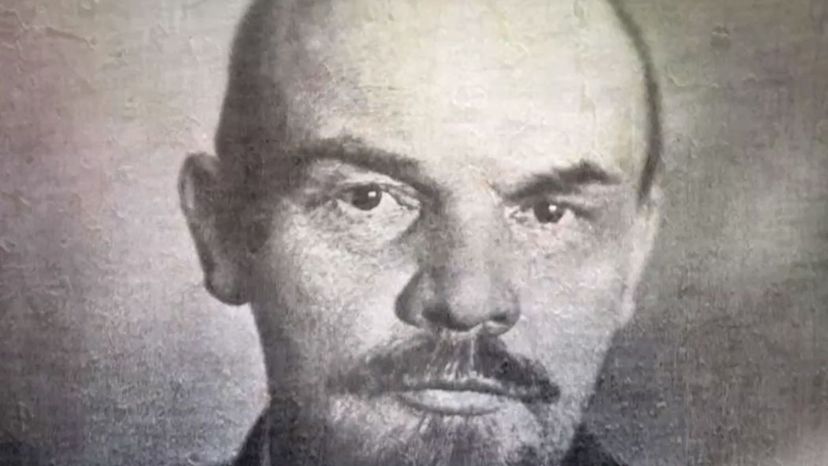
Vladimir Lenin was the architect of the Russian Revolution that eventually resulted in the Union of Soviet Socialist Republics, the first explicitly communist state. Lenin infiltrated into Russia and with his followers, the Bolsheviks, seized control of the Kerensky regime and from there took total control over the country.
Advertisement
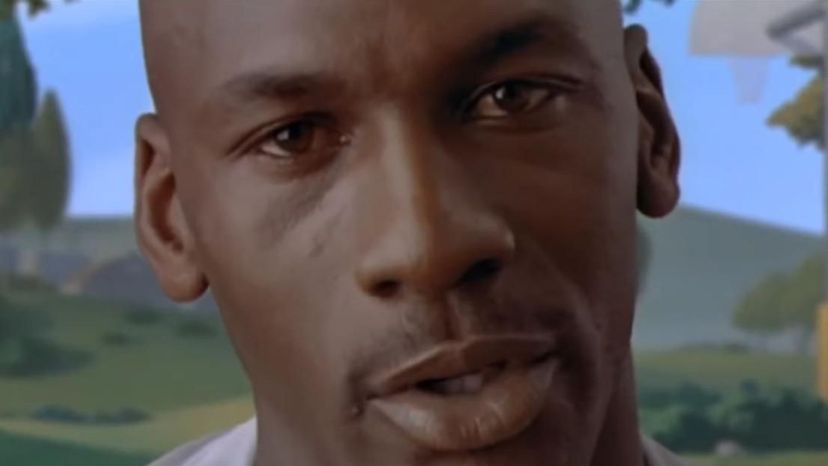
Michael Jordan led the Chicago Bulls to no less than six separate NBA championships. He was a 14-time NBA All-Star. His line of shoes, Air Jordans, is still successful today, and he now owns and operates the Charlotte Hornets.
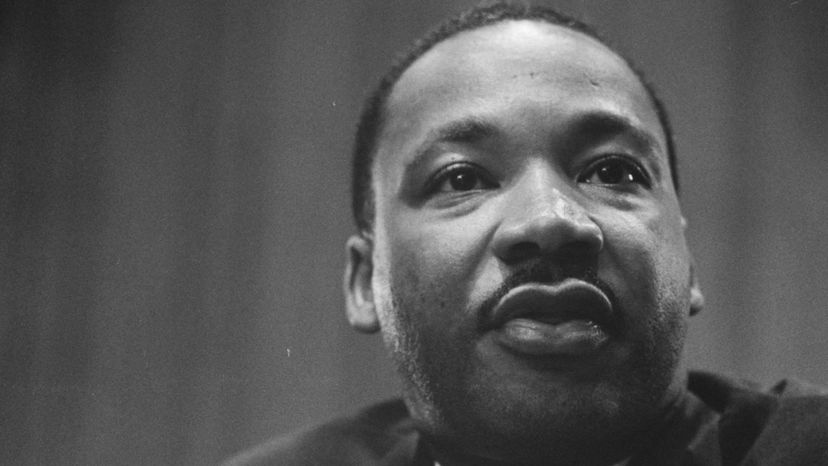
Martin Luther King Jr. was but one civil rights activist among many, but his charismatic leadership, eloquent speech and staunch commitment to non-violence seemingly did the impossible, elevating him to mainstream popularity. His assassination was not the end of his dream, as after his death the Jim Crow laws he abhorred were dismantled.
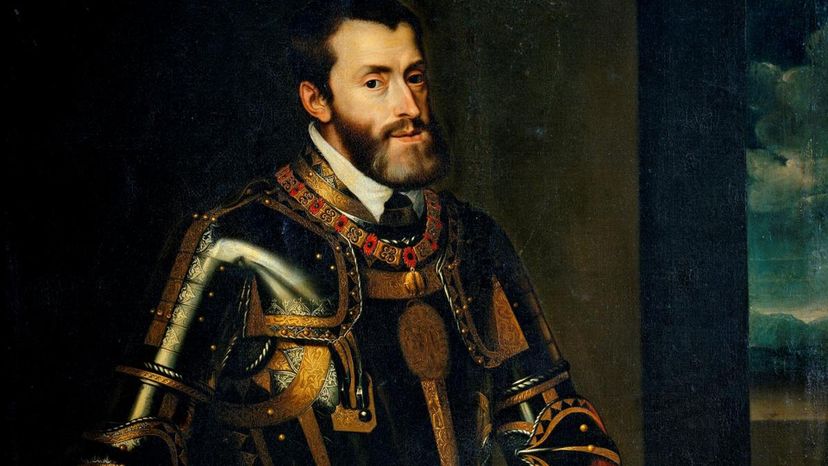
Unquestioned ruler of the Hapsburg Empire, Charles V ruled over much of Europe, from Austria in the East to Spain in the West. His Empire found itself embattled by enemies, with the Ottomans battling to the gates of Vienna, the French nipping at his western possessions and the Protestant Reformation roiling from within.
Advertisement
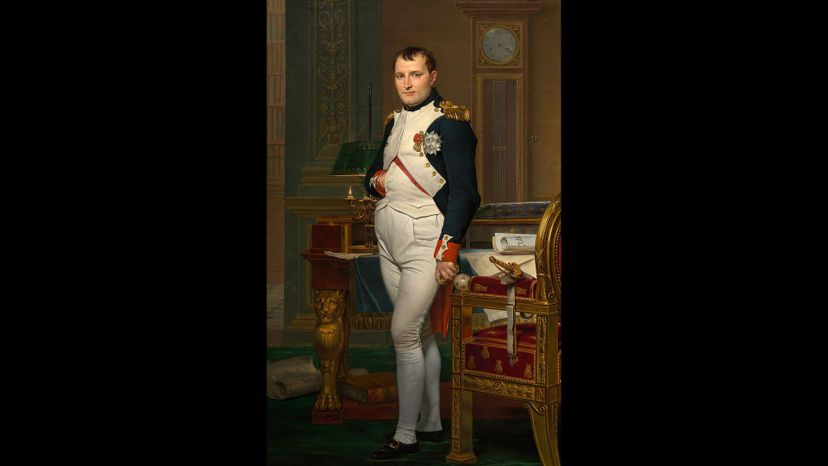
Unquestioned Emperor of the French, Napoleon Bonaparte rose from humble beginnings as a lesser Corsican noble to control of post-revolutionary France, and later much of Europe. Although eventually defeated by Russia and then expelled by the anti-Napoleon coalition headed by England, his changes to the legal systems of conquered territories still reverberate today.
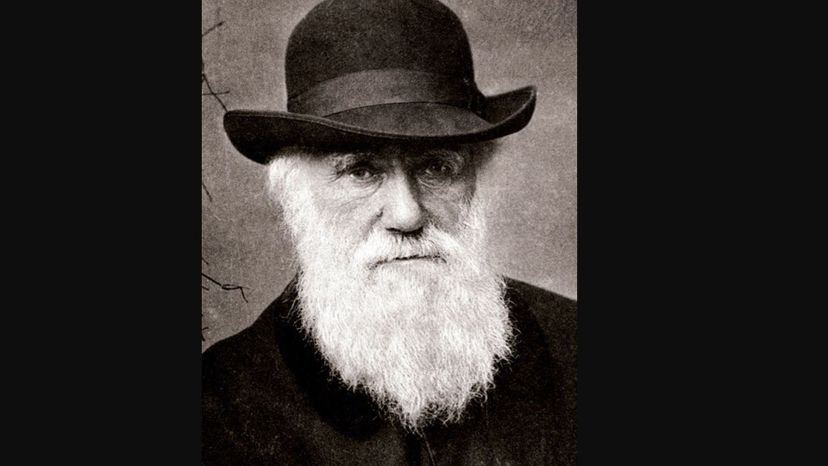
Charles Darwin was an English botanist and biologist who made extraordinary progress with his scientific theory of evolution. He postulated that life came from a single common ancestor and suggested that individual species developed through mutation and natural selection, which was similar to the already known principles of selective breeding.
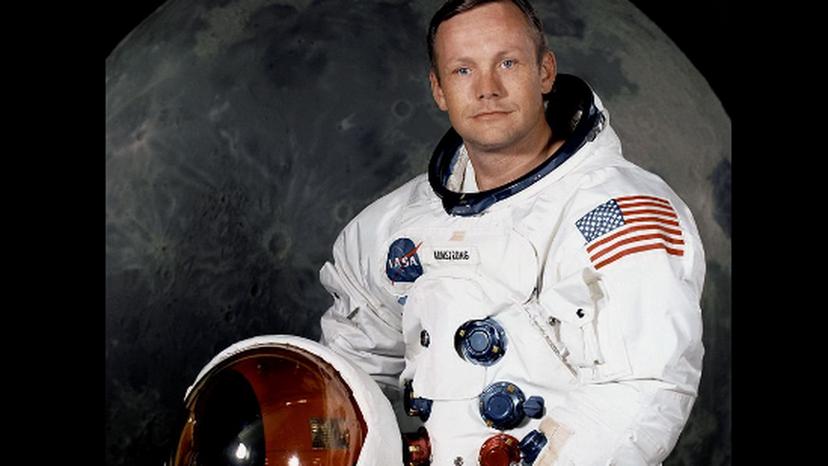
Neil Armstrong, a U.S. astronaut working for NASA, was the first human being to walk on the moon. His words upon stepping on Luna will forever be immortalized: "That's one small step for man, one giant leap for mankind." He was later awarded the Presidential Medal of Freedom for his incredible accomplishment.
Advertisement
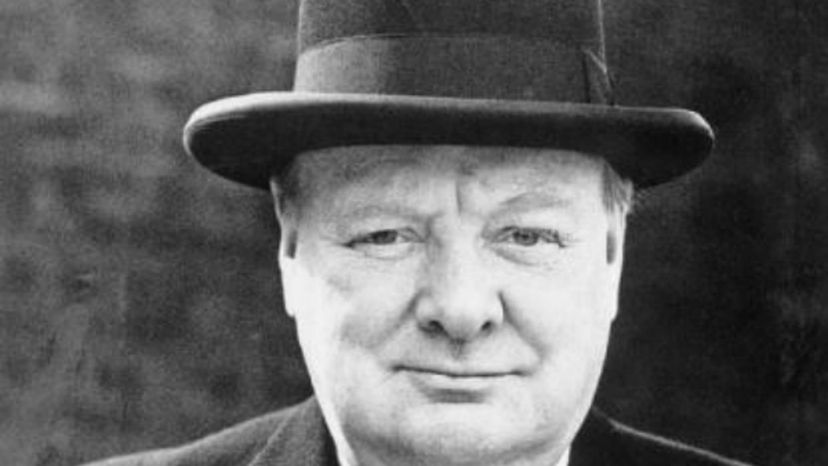
Winston Churchill was elected Prime Minister of the United Kingdom during its time of greatest trial. The Empire found itself at war with the resurgent German Third Reich, and for a time England stood alone against a Germany who had conquered Europe. Churchill's indomitable leadership saw the U.K. through those dark days, and he eventually formed the alliance that would see Hitler undone.
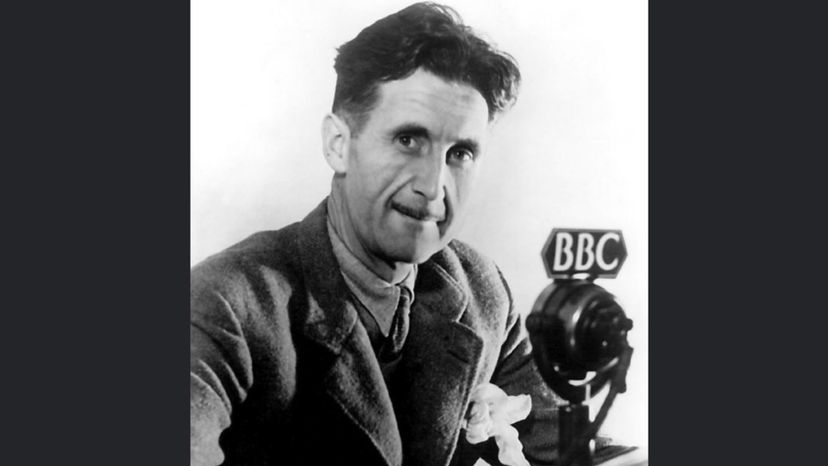
George Orwell was a British writer and political activist who was best known for his writing in opposition to totalitarian governments. When many people made excuses for or were even in favor of these authoritarian regimes, Orwell wrote "Animal Farm," 1984, and a host of nonfictional essays discussing their fundamental contradictions and inhumanity.

Bill Gates, the founder of Microsoft, is one of the wealthiest men in the world. Although his stint as leader of MS was marred by accusations of anti-competitive practices, his post MS work as head of the Bill and Melinda Gates Foundation has seen public opinion of him skyrocket as he and his wife have used their wealth and intellect to help people all over the globe.
Advertisement
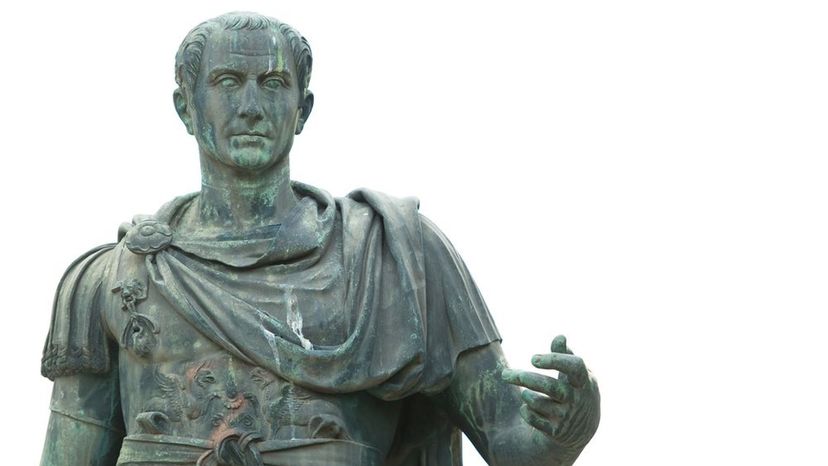
Seen as a demagogue by the Senate, Julius Caesar's military victories brought the Roman Republic to civil war. Caesar's victory in that civil war led to a short lived peace, but while he might have become a full dictator or he might not have, we will never know, as he was assassinated on the Ides of March. In the wake of his death, civil war flared anew, and when it was over the Republic was gone.
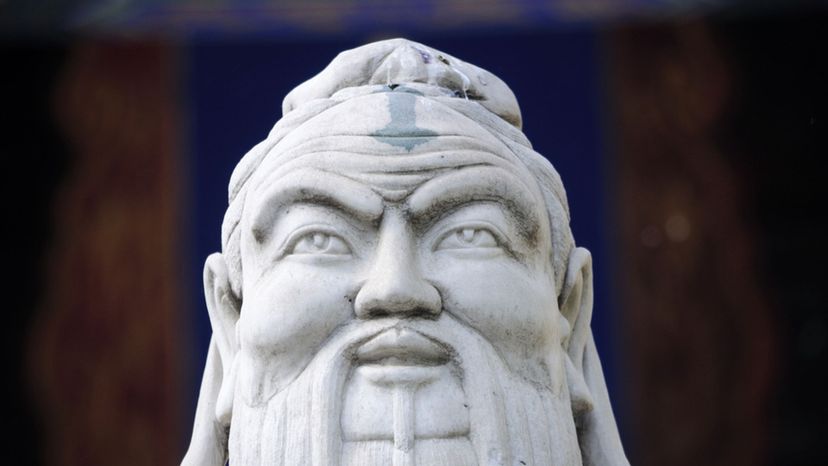
The wise sage Confucius created an entire moral philosophy for behavior and governance, known colloquially as Confucianism. Although people argue over whether the philosophy is religious or not, everyone agrees it is a form of virtue ethics based on perfecting individual behavior and engaging in filial piety.
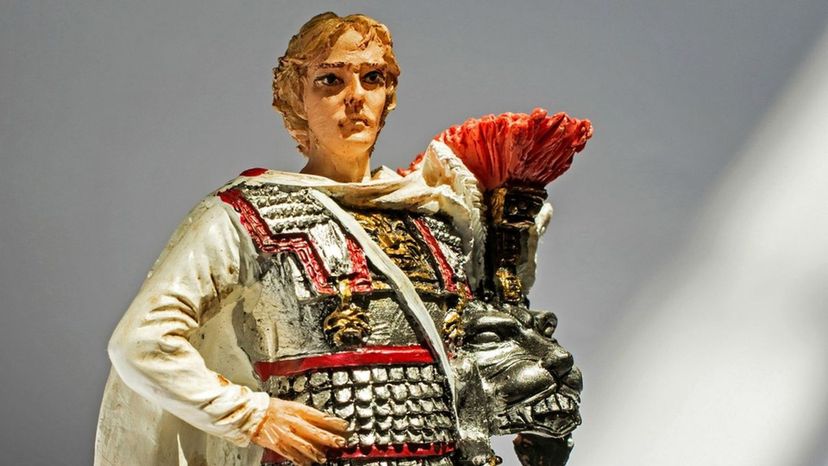
Alexander the Great was not a Greek, but rather a Macedonian who conquered Greece, and then invaded and conquered the Persian Empire. He got as far as India before dying at a young age, but his conquests would reverberate down through world history.
Advertisement
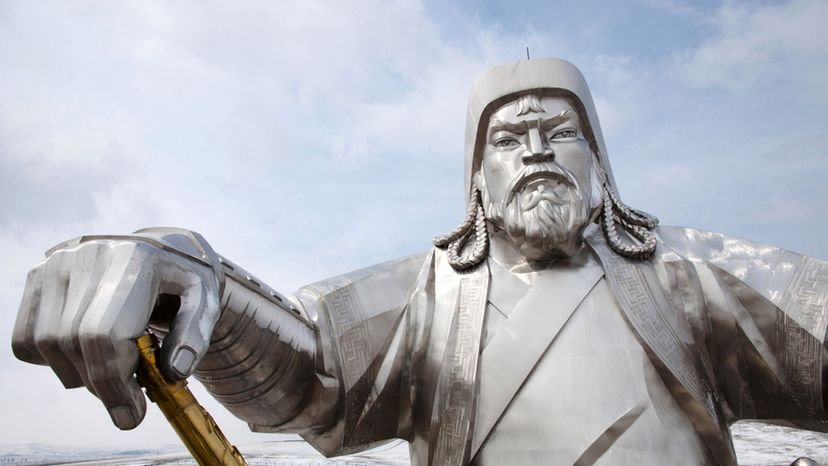
Genghis Khan conquered the single largest land-based empire the world has ever known. His nomad horsemen had total mastery of the compound bow and, with the combination of their horsemanship, their archery, and their importation of brilliant engineers for long sieges, they proved almost completely invincible in the field. Only his death by old age stopped his hordes from rewriting the history of Europe forever.
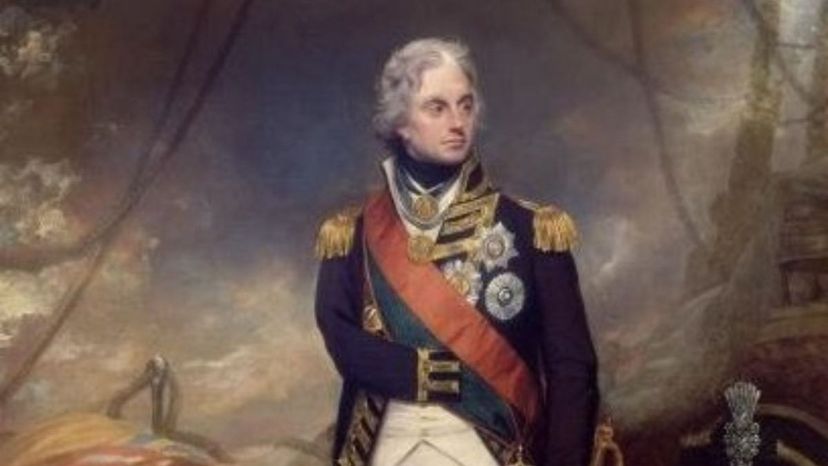
Horatio Nelson was arguably the most famous admiral in the storied history of the British Navy. He led his fleet with extreme aggression, smashing into enemy vessels and overwhelming them with the sheer vigor of his assaults. He met his end while securing victory for Britain in the Battle of Trafalgar, gaining control of the seas for the Navy for the rest of the Napoleonic Wars.
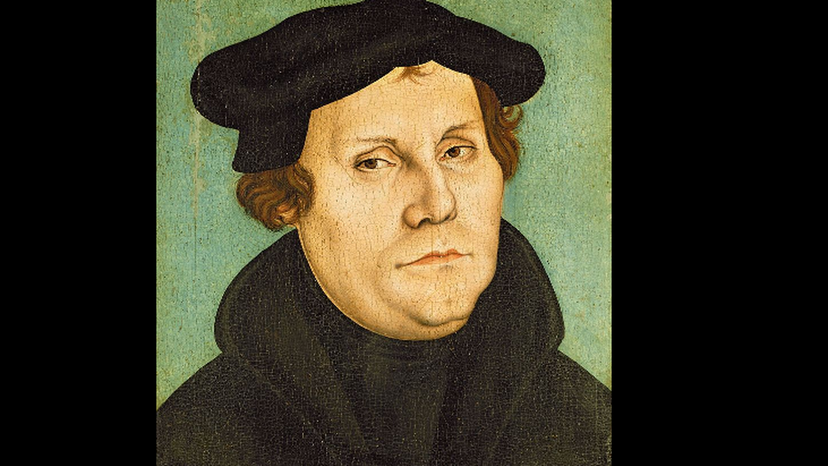
If one were to pick a single moment for the beginning of the Protestant Reformation, it would have to be when Martin Luther nailed the ninety-five theses to the church door of All Saints' Church in Wittenberg. This act set into motion decades of fiery religious conflict, from which the Protestant branch of Christianity would be born.
Advertisement
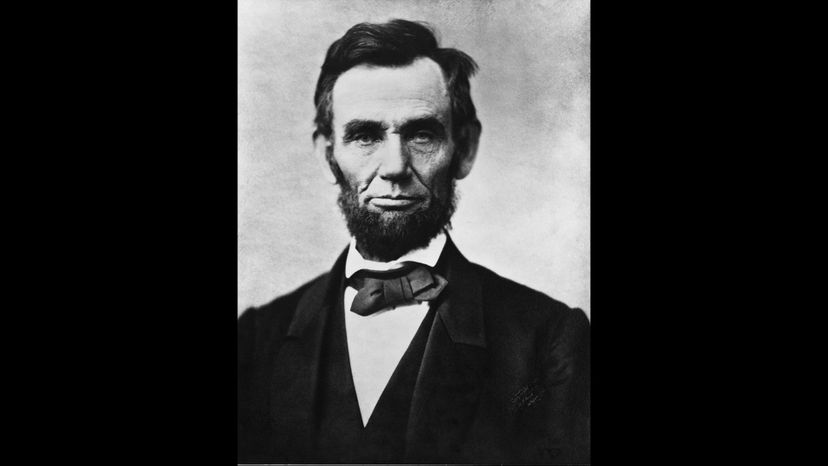
Abraham Lincoln was the sixteenth president of the United States. His election was the catalyst that led states to begin the process of secession. When attempts at peaceful resolution failed, he led the Union in a Civil War. The Union's final victory resulted in the destruction of the nascent Confederacy, and the reunification of the United States of America.
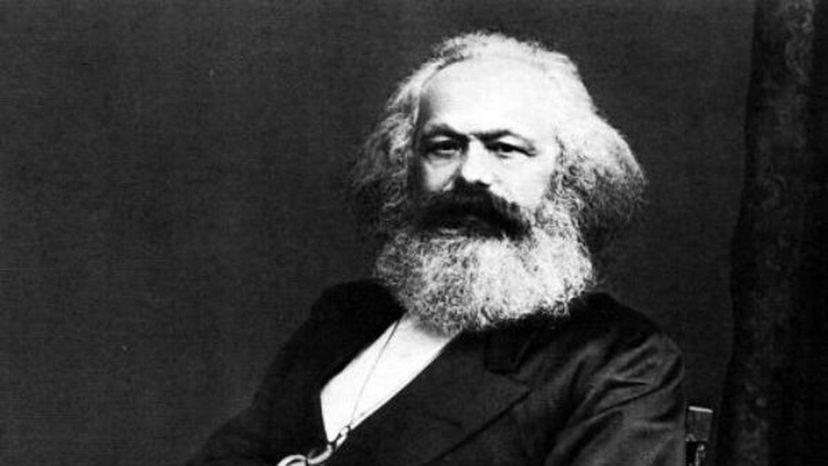
The author of the Communist Manifesto, Karl Marx put together the ideas of many proto-socialist thinkers into a single whole. Inspired by Hegel yet wholly his own, he and his comrade Engels would prove the beginning of a series of revolutions that would shake the world.
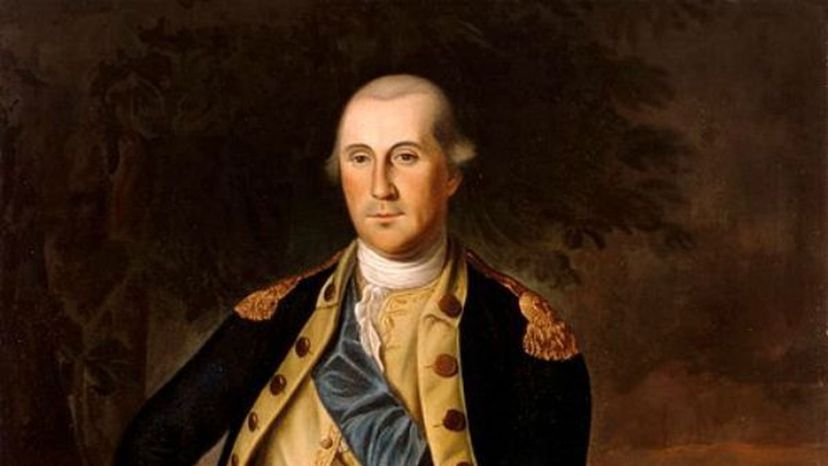
A former officer in the British army during the French and Indian War, George Washington made the decision to lend his expertise to the patriot forces in the American Revolutionary War, and he was given full overall command. His military genius and Fabian strategems proved decisive, and his critically timed victories forced the Empire to sue for peace, resulting in the birth of the United States of America.
Advertisement
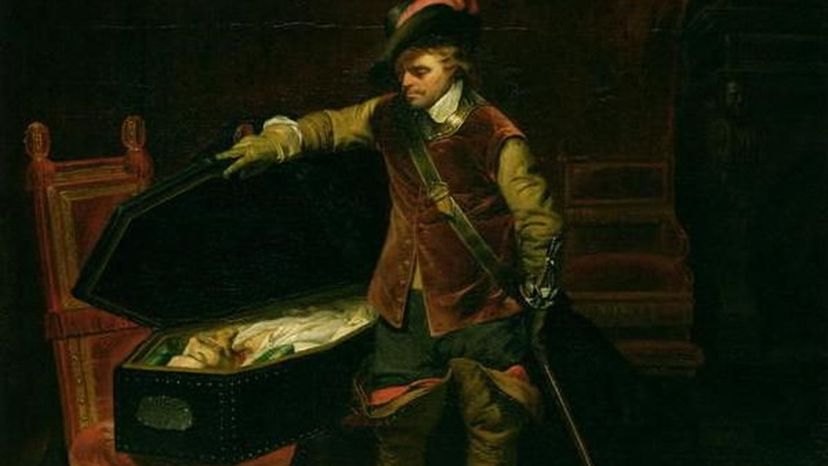
Oliver Cromwell was a middling member of the English nobility who rose to power at a time of great conflict between King Charles and the Parliament. The ensuing Civil War saw Cromwell take charge of the parliamentary forces. His military acumen led to their victory and, unbelievably, the eventual execution of Charles for treason, forever changing the history of the monarchy in Europe.
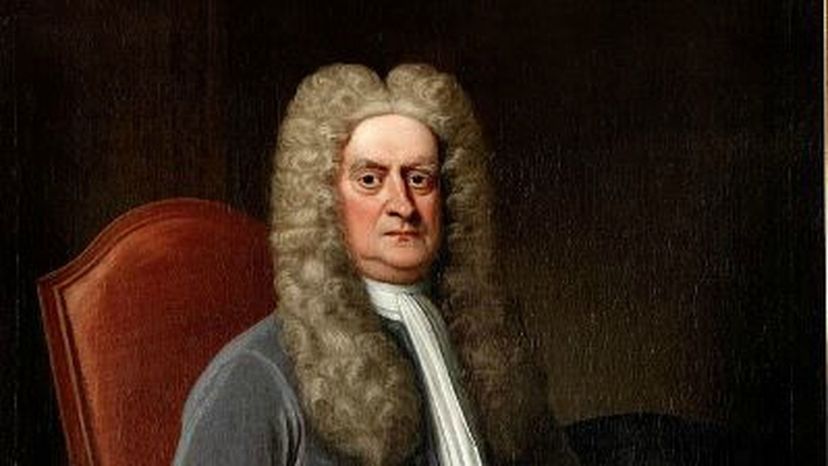
A man of incalculable genius, SIr Isaac Newton is lauded today for his many scientific and mathematical discoveries. He is seen as co-discoverer of the Calculus, one of the cores of mathematics. He also built the first working telescope and added non-integer exponents to binomial theorems.
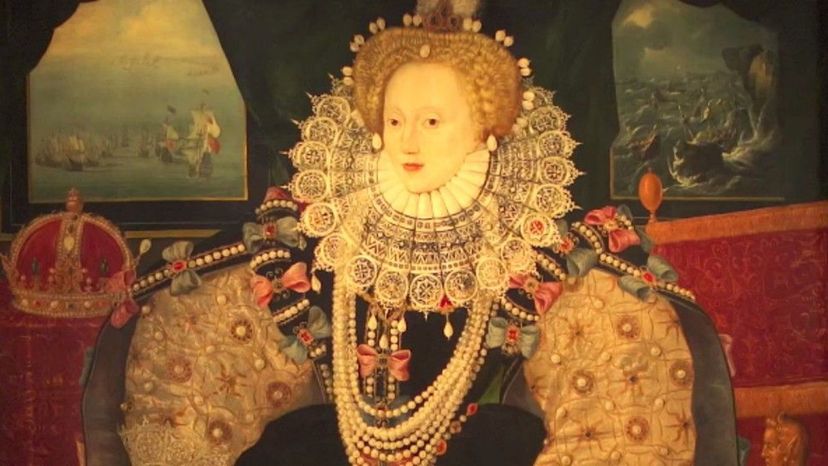
Elizabeth I, also known as the Virgin Queen after her refusal to marry, led England through one of its most dangerous eras. Faced with a indomitable Spanish Armada attacking from without and Catholic dissent within, she proved victorious against all enemies of the realm and her royal personage, and she gained England mastery over the seas in the bargain.
Advertisement
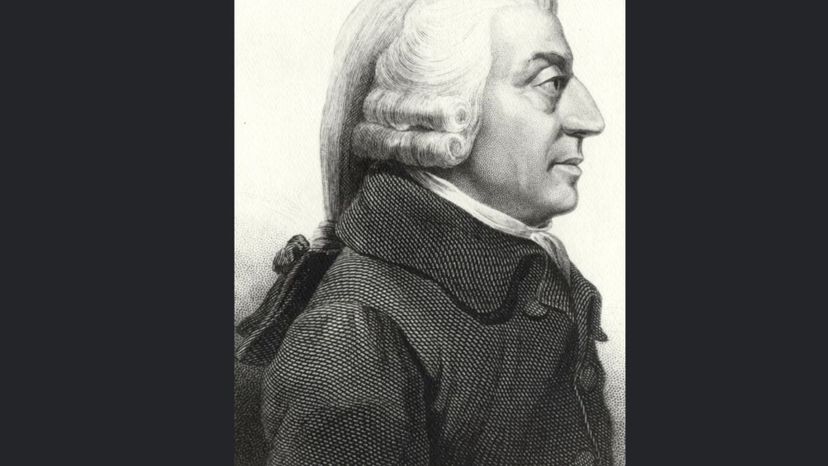
Adam Smith was a Scottish moral philosopher, most famous for his discussion of how the free market functions in society. His work "The Wealth of Nations" solidifies his place as the first modern economist, and therefore one of the founders of that scholastic discipline.
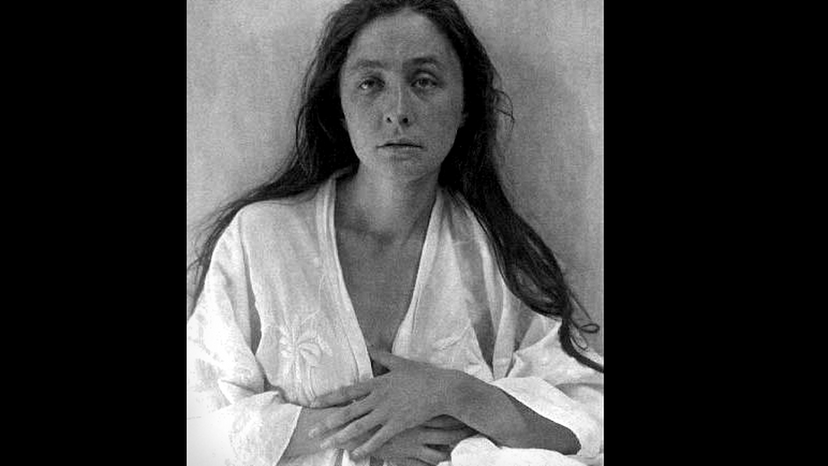
An American artist, Georgia O'Keeffe is perhaps best known for her paintings of feminine flowers. She saw great commercial success with her works, particularly some of her landscapes of New Mexico, and became eventually known as the Mother of American Modernism.
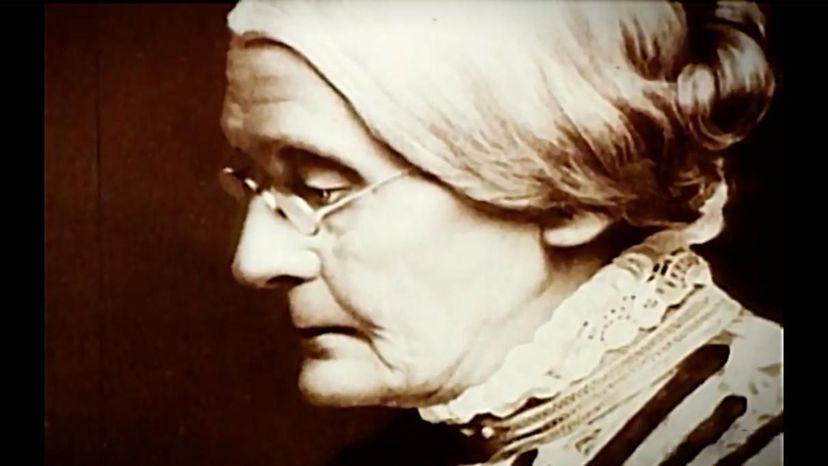
Consistently on the proverbial right side of history, Susan B. Anthony started off as an anti-slavery reformer, and as she grew older became a suffragette, arguing tirelessly for women's right to vote. Unlike many passionate reformers, she lived to see victory in her quest and was even invited to the White House!
Advertisement
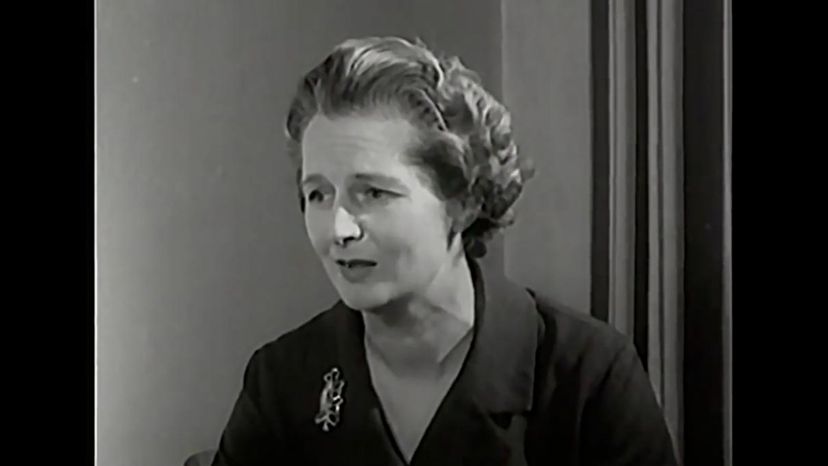
Margaret Thatcher, known as The Iron Lady, was the first woman to be Prime Minister of the United Kingdom. A staunch conservative after years of Labour party rule, she was seen as the British counterpart of Ronald Reagan, an aggressive, anti-Soviet proponent of the free market.
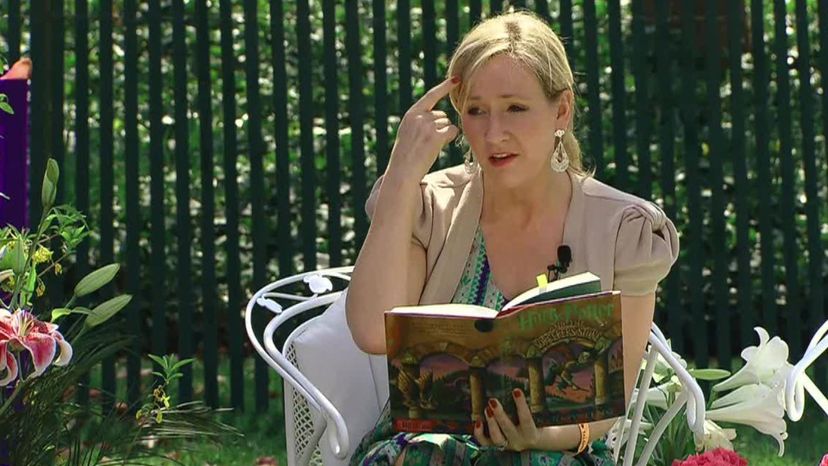
The writer of the Harry Potter stories and one of the wealthiest women in Britain, JK Rowling was once a single mother struggling to find a publisher before she was finally given her chance. Besides writing, she is a noted philanthropist, having given countless thousands of dollars to charity.
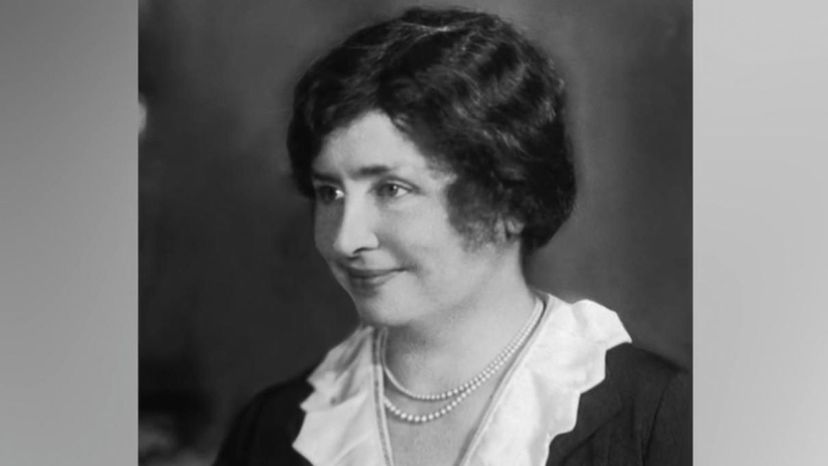
A fever as an infant rendered Helen Keller both blind and deaf. Thanks to hard work with a teacher, Helen became capable of speech and learned how to interface with the outside world, resulting in her leading a crusade for the respect and understanding of people with disabilities. She also became heavily involved in leftist politics and became a major figure for those movements in the United States.
Advertisement
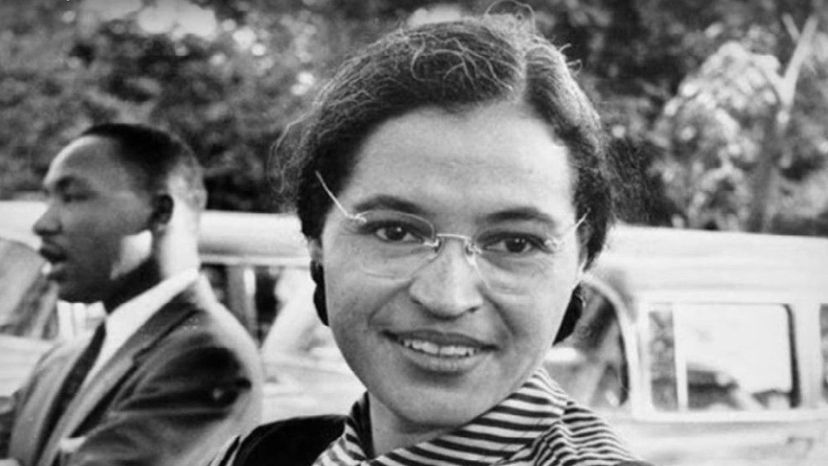
Rosa Parks became an unintended symbol of African American rights when, upon being asked to give up her bus seat to a white passenger, she flatly refused. This seemingly simple act of defiance led to thousands of people flocking to the cause of Civil Rights, and would eventually lead to great changes in the United States.